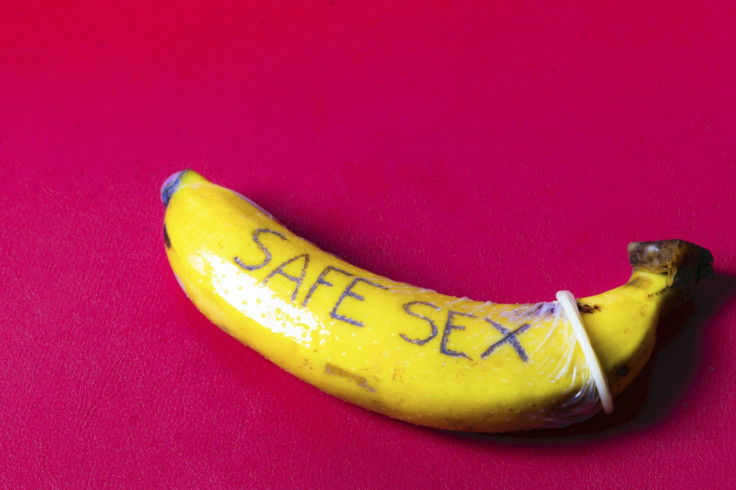Health officials encourage the use of glory holes to reduce COVID-19 exposure
Glory holes may be the new normal for couples who wish to enjoy sex and avoid the spread of the coronavirus
The use of glory holes are now being recommended as the safest way to enjoy sex with your partner while the entire world tries to live with the havoc caused by the coronavirus. In their recently published guidelines, The British Columbia Centre for Disease Control encourages the public to safely engage in sex but avoid close face-to-face contact.
According to the guidelines, couples can make use of barriers -- such as walls or commonly called glory holes -- which allow for sexual contact without having to be in close contact with each other's face.
A glory hole is a small hole cut out from a wall that enables people to have sex without much skin contact. These are often found in public lavatory cubicles and adult video arcade booths where people can engage in various sexual activities while maintaining anonymity. While the barrier separates partners, contact access is limited to a hand, the mouth and genitals. As evidence of sexual transmission of the coronavirus is still not proven, partners who are in good health and feeling well may still enjoy sexual intimacy.
The centre also suggests the use of face masks during sex and to limit if not fully avoid kissing and saliva exchange. Condoms and dental dams are also encouraged to "further reduce the risk by minimising contact with saliva, semen, and faeces during sex."
New York City health officials have also released a similar detailed guideline on how to practice safe sex during the pandemic. As much as the suggestions seem too restrictive for such an intimate act, they are urging everyone to "make it a little kinky. Be creative with sexual positions."
The guideline also strongly recommends evaluating yourself and your partner prior to having sex. Skip any sexual activity if either you or your partner are feeling unwell. If you have been exposed to people who tested positive to COVID-19, refrain from having sex with anyone and especially if one or the other has underlying medical issues that can lead to severe COVID-19 illness such as those with asthma, or lung disease, kidney or liver disease as well as heart disease, obesity, cancer and individuals with weakened immune system.
The BCCDC also urges checking in with sexual partners regularly to find out if they are experiencing any symptoms. Having just one or a few regular sexual partners can help reduce your chances of getting exposed to COVID-19.
Although plainly telling people to refrain from having any form of sexual activity seems highly unlikely to work, the measures and guidelines provided by these health authorities are aimed at working around realistic ways to lessen exposure and transmission.

© Copyright IBTimes 2025. All rights reserved.





















